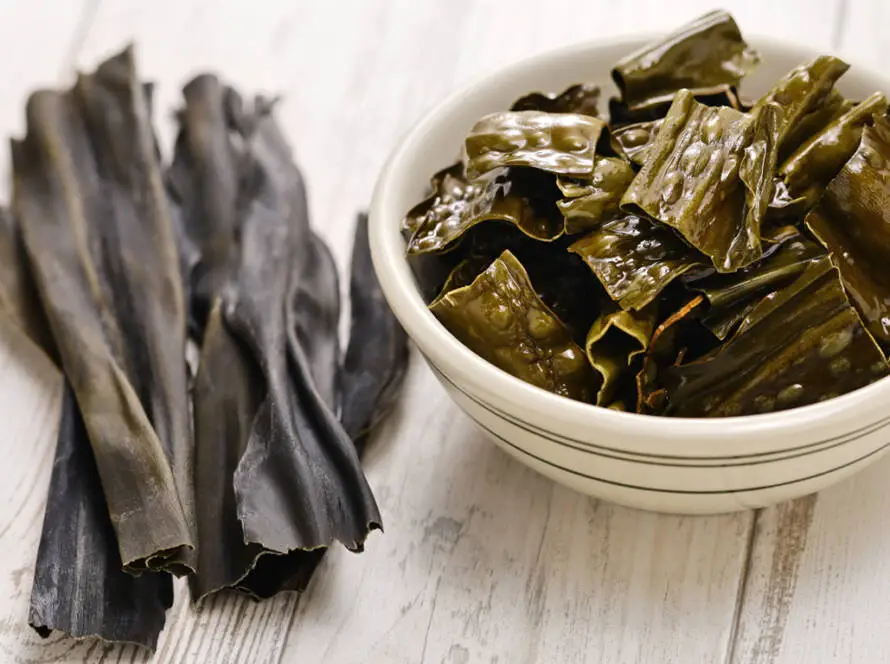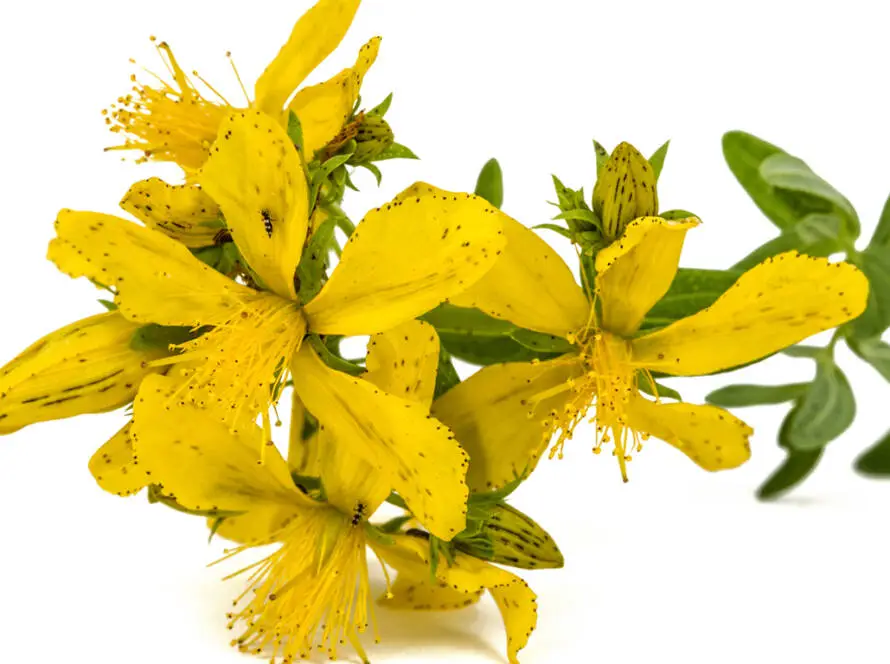Hops Plant: An Overview of Benefits and Uses
Hops, scientifically known as Humulus lupulus, are a flowering plant primarily recognized for its role in brewing beer. While hops are integral to beer production, they also possess several health benefits and medicinal properties that have been utilized in traditional herbal practices.
Key Characteristics
Hops are climbing plants that can reach up to 30 feet (9 meters) in height. They have broad, green leaves and produce cone-shaped fruit, or strobiles, that contain the essential oils and compounds that give hops their characteristic bitterness and aroma. The primary components of interest in hops include alpha acids, beta acids, and essential oils.
Health Benefits
Hops offer a variety of potential health benefits due to their unique chemical composition. Here are some notable advantages:
- Sedative Properties: Hops are well-known for their calming effects and have been used to help reduce anxiety and promote sleep, often in combination with other calming herbs like valerian root.
- Digestive Health: Hops may stimulate appetite and help improve digestion. They have been traditionally used to alleviate symptoms of gastrointestinal discomfort, including bloating and indigestion.
- Anti-inflammatory Effects: The anti-inflammatory properties of hops may help reduce inflammation-related conditions, providing relief from pain and discomfort.
- Antioxidant Activity: Hops contain antioxidants that protect cells from oxidative stress, which is linked to chronic diseases and aging.
- Hormonal Balance: Some research suggests that hops may have phytoestrogenic properties, potentially aiding in hormonal balance, particularly in women during menopause.
Uses in Brewing and Herbal Remedies
While hops are best known for their role in beer brewing, they can also be utilized in various ways:
- Brewing Beer: Hops are added during the brewing process for flavor, aroma, and preservation. Different varieties of hops contribute distinct flavors and bitterness levels to the final product.
- Herbal Supplements: Hops can be consumed in capsule form or as tinctures, offering a concentrated dose of their beneficial compounds.
- Hops Tea: Dried hops can be brewed to make a soothing tea, promoting relaxation and aiding sleep.
Risks and Side Effects
Hops are generally considered safe; however, some individuals may experience side effects, including:
- Allergic Reactions: People with allergies to plants in the Cannabaceae family may react to hops.
- Hormonal Effects: Due to their phytoestrogen properties, excessive consumption of hops may impact hormonal balance, particularly in sensitive individuals.
- Drowsiness: Hops can cause sedation, so caution should be exercised when operating machinery or driving after consumption.
Conclusion
Hops are more than just a key ingredient in brewing beer; they also offer a range of potential health benefits, including calming effects, digestive support, and anti-inflammatory properties. Whether enjoyed as a component of beer, in herbal supplements, or as a soothing tea, hops can enhance overall well-being. As always, it’s essential to consult with a healthcare professional if you have existing health conditions or are taking medications before introducing hops into your health regimen.
Resources
- Drugs.com
- Wikipedia.com
This summary highlights the key aspects including its traditional uses, potential benefits, and safety considerations.
Disclaimer
The information I’ve shared about herbs is for educational purposes only and is not meant as medical advice. While many herbs have been traditionally used for their potential health benefits, individual responses may vary, and the effectiveness of herbs can depend on various factors, including personal health conditions and interactions with medications. It is essential to consult with a qualified healthcare professional or a licensed herbalist before using herbs for medicinal purposes or making significant changes to your health regimen. This information should not be considered a substitute for professional medical advice, diagnosis, or treatment.


